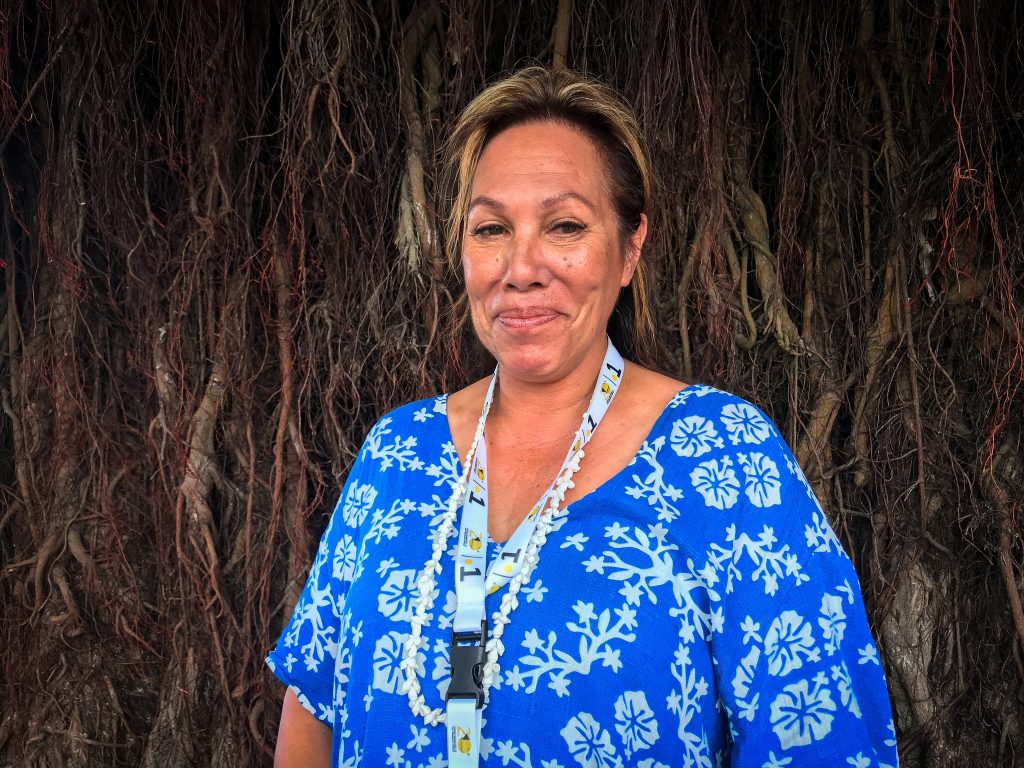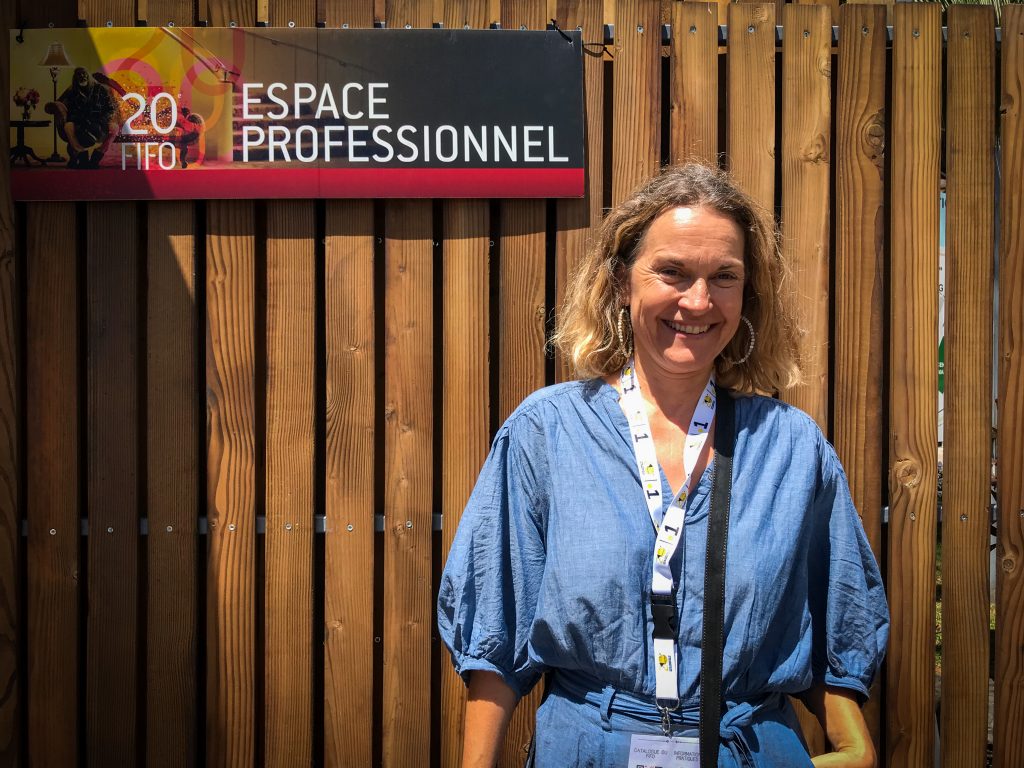What is the place of women in documentary creation today? What perspective does a woman bring when she directs? This was the subject of the round table organized on Thursday, February 9th under the pae pae a Hiro. Nina Nawalowalo, director of the competing film A boy called piano, and the producer Catherine Marconnet (Archipel Production) give us their take on these central and ever-changing issues for us.

Nina Nawalowalo, director of A boy a called piano
Is it difficult for an Oceanian woman to make her place in documentary creation?
This was my first documentary and I found that there is a glass ceiling. The challenge is to find the openings because people wonder if you can do it. You can do it, I can do it, but it’s true that you have to do a little bit more to prove that. I was fortunte to have already worked in the theatre, so that created a link, I was already a little in that world. When we see representations of Oceanian men in the media, the fact that there is a feminine point of view, changes so much. We know our men better than anyone else, so I think we are in the best position to tell the story of our men. There is also a question of trust, in A Boy Called Piano, Fa’amoana’s wife trusted me when I spent time with her husband and sons, and she trusted me to show what I should show, and not to show what I shouldn’t show. It’s a question of subtlety, especially in terms of what not to show, we have that subtlety.
What should be done so that Oceanian women become more prominent?
It’s up to us to get a move on. In this film the director of photography is a woman, so there is really a feminine touch in the shooting and in the way we did it. There is also this poetic dimension with the images that we created around this story which probably has something very feminine. On the question of legitimacy, we worked in collaboration, my husband is English, I am from Fiji and Fa’amoana from Samoa so it is not a question of whether there should be white people working on the story or not, we can collaborate together. In any case, the female touch is very important in the way the story is told.
What advice would you give to young Oceanian women who want to start directing?
Follow your instinct. You don’t have to know all the answers, but you have to follow your deepest feelings. I’ve been a little blinded at times, being in the moment and not knowing what to do, but you have to trust yourself. I think those who lock down every little detail don’t leave enough room for the magic. You have to leave space for the magic to happen. For young women, it’s really about that instinct, it’s okay to fail, but you must try, you have to go for it.

Catherine Marconnet, producer at Archipel Production
What is the place of women in documentary films?
It’s very different if you’re in Vanuatu, Fiji or the French-speaking territories. In Caledonia and Polynesia, the channel program managers are very often women, a balance is being achieved. In New Caledonia, for example, there are more female producers and directors than male producers and directors. While in Polynesia, there is still a gap I think. During the round table, we evoked this enormous evolution of the place of women in this ndustry, we also evoked the fact that it depends on the subject, with investigative subjects or societal subjects, we find more women. On subjects with big budgets, such as finance, or which are focused on history or science, women directors are much less common.
Why is that?
I think it’s probably due to the fact that we are confined, we have confined ourselves to subjects that were perhaps more “feminine”, but things are changing. Parity today is sought after, for example at Sunny Side last year, France Television clearly announced that it wanted to achieve parity for female directors. In France and in the French-speaking territories, we should arrive at something quite coherent even if we start from a long way behind.
When a woman produces or directs, do we feel a difference?
I think so. For example, I have a way of doing things that is more maternal, I accompany, I listen, I have less of a financial vision. I think that we women sometimes prevent ourselves from reaching certain levels, women say to themselves, first I am not quite ready, I have to prove myself. I think men don’t ask themselves that question as much, they are ready faster.
Suliane Favennec – FIFO
